Faculty Roundtable
How are TCU leaders preparing people to solve the challenges of the future through connection culture, civil discourse and a liberal arts core?
Faculty Roundtable
How are TCU leaders preparing people to solve the challenges of the future through connection culture, civil discourse and a liberal arts core?
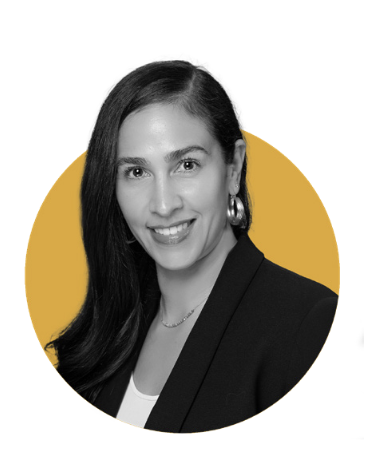 Ariane Balizet
Ariane Balizet
Associate Dean of Faculty & Diversity, Equity, and Inclusion; Professor of English, AddRan College of Liberal Arts
The core teaches all TCU students to consider historical and contemporary frameworks of human thought, cultural production and systems of power. We invite students to ask, “To whom am I responsible?” This question was brilliantly articulated by connection culture speaker and world-renowned legal scholar Kimberlé Crenshaw in her 2021 address to TCU students, faculty and staff. As she argues, the goal of intersectional analysis “should be to facilitate the inclusion of marginalized groups for whom it can be said: ‘When they enter, we all enter.’ ”
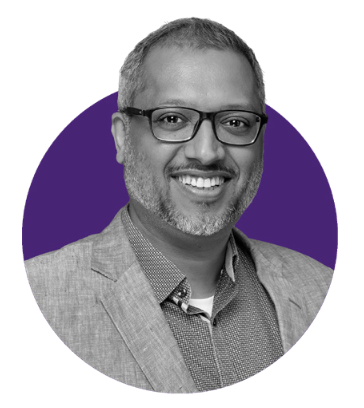 Sandeep Bansal
Sandeep Bansal
Professor, Burnett School of Medicine
The School of Medicine not only teaches the scientific elements necessary to become a great physician, but also has elements throughout the four-year curriculum that emphasize communication, compassion, empathy, ethics, population health and team-based care. We prepare physicians to solve the health care challenges of the future. Our curriculum provides a fertile landscape in which students receive ample opportunities to connect with patients and engage in discussions with their teachers as well as peers to learn the art of medicine, while practicing compassion.
 Yashoda Bhagwat
Yashoda Bhagwat
Associate Professor of Marketing, Neeley School of Business
Business leaders must be able to manage the (at times) competing priorities of earning a profit and aligning with the values of their various stakeholders. Fostering connection is key to equipping Neeley students; only by having conversations with those with different perspectives can we make informed business decisions that satisfy consumers, employees, investors and policymakers, while also leading to profits. By exposing students to ideas from the liberal arts, students build on their awareness of key societal issues that ultimately impact a firm’s profitability.
 Nick Bontrager
Nick Bontrager
Associate Professor of Art, College of Fine Arts
All of our students will need critical thinking and entrepreneurial mindsets as they face the unknown challenges of the future. While our studio art courses focus on the technical aspects of making artwork, students also engage in critical dialogue to consider the contextual and historical information that may have impacted their decisions in the art studio. Civil discourse is a necessary skill in peer-to-peer connections as students learn how to communicate their ideas to others while understanding how critical feedback will strengthen their artwork and ideas going forward.
 Kristie Bunton
Kristie Bunton
Dean and Professor of Journalism, Bob Schieffer College of Communication
As people, we talk our identities and values into existence through stories. We want to use that powerful tool of human communication for good. How can we tell the stories of communities that have been overlooked? When can we better listen to voices that have been unheard in public discourse? How can we employ emerging communication tools such as digital and social media to hold powerful people and institutions accountable? We attempt to improve lives through ethical use of the powerful tool of human communication.
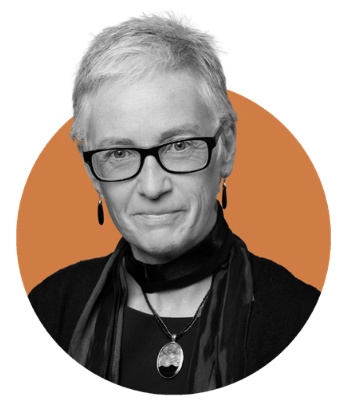 Muriel Cormican
Muriel Cormican
Associate Dean of Undergraduate Students and Professor of German, AddRan College of Liberal Arts
If I were to imagine an emergency pack of abstractions to pick up when the world changes — I’m channeling Octavia Butler’s Parable of the Sower — then that pack would include connection culture, characterized by a respect for and openness to different experiences; civil discourse, characterized by deep and intentional listening; and the liberal arts core, characterized by questioning and challenging rather than simply reinhabiting norms. TCU leaders are preparing students to be flexible thinkers, to make a life and not just a living, and to think laterally, vertically and take intellectual risks.
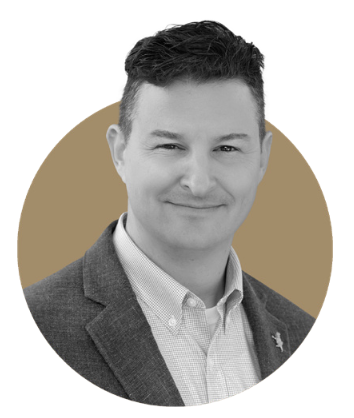 Michael Faggella-Luby
Michael Faggella-Luby
Professor of Special Education, College of Education
Professors bring lessons from research into classrooms as we push the boundaries of discovery within our fields. Students learn civil discourse by asking and answering meaningful questions with scientific rigor, enabling them to solve challenges that we have not even dreamt of yet (e.g., how to educate children in the U.S. during a pandemic!). Our students experience connection culture by being engaged members of local school communities. Solutions to the challenges we face will come from TCU graduates who are invested in their own community.
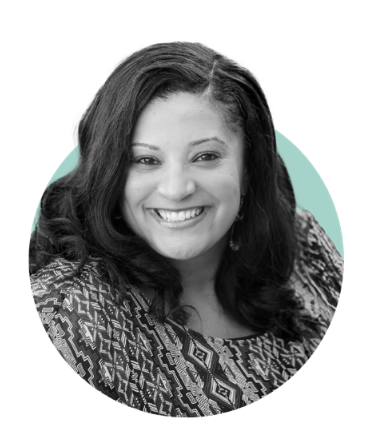 Lynn Hampton
Lynn Hampton
Assistant Professor of Professional Practice, John V. Roach Honors College
With more honest, transparent and authentic conversations about where we are and where we still need to grow, we move closer to building the foundation for a more sustainable anti-racist infrastructure. We are equipping our students to dismantle systems of oppression, teaching them to advocate for greater change. Ultimately, this is the legacy we want to leave behind: one that develops bold and brave leaders who possess the moral courage, humility and tenacity to lean into their discomfort and find innovative solutions to society’s most pressing social issues.
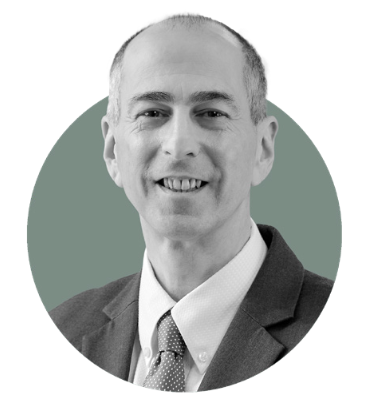
Michael Kruger
Dean and Professor, College of Science & Engineering
Effective teamwork, which epitomizes a strong connection culture, is an integral part of College of Science & Engineering student education. Our alumni further strengthen this bond. By providing opportunities for our students to engage in research and real-life work experiences through internships, we are preparing students to solve the challenges of the future. With an amazing Pre-Health Professions Institute that helps our students get accepted to medical school at twice the national average, we know that our students are the best and brightest that this generation has to offer.
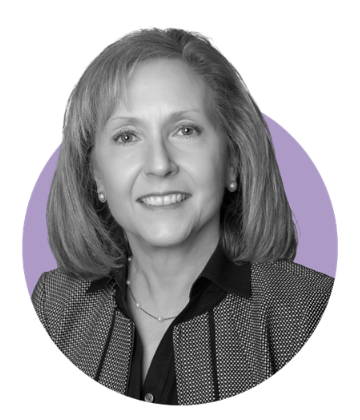 Suzy Lockwood
Suzy Lockwood
Associate Dean for Nursing & Nurse Anesthesia; Director, Center for Oncology Education & Research; and Professor of Nursing; Harris College of Nursing & Health Sciences
Our students are challenged in their clinical, simulation and lab courses to integrate the knowledge, skills and values from the arts and sciences as they learn and develop into nurses who are charged with providing inclusive, holistic, safe, quality care. Skills of inquiry, analysis, critical thinking and communication prepare nursing graduates to involve others in reducing health inequities and supporting the common good. They have opportunities to explore the interconnectedness of disciplines and the value of authentic relationships.

Your comments are welcome
Comments
Related reading:
Features
A Better World
Students speak out on their vision for the campus and beyond.
Features
Researching the Answers
Bettering the world drives today’s TCU students toward solutions.
Features
Someone to Listen
TCU students counsel children and adolescents through a partnership with Fort Worth schools.